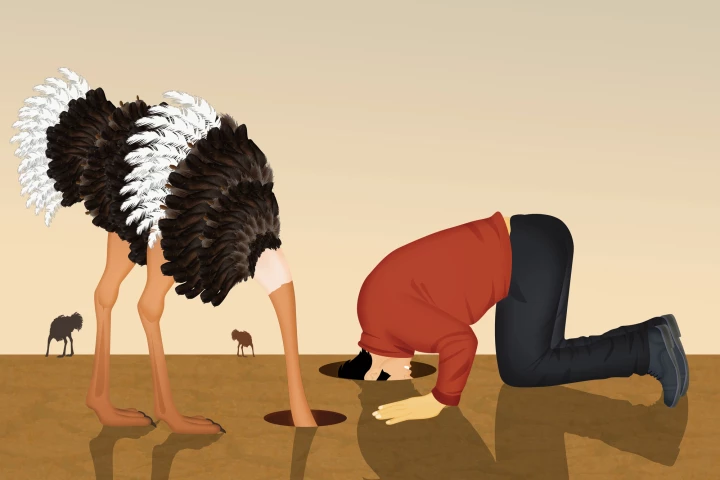Psychology
-
If you're after a free, simple boost for pushing through challenges, try swearing your way to your goals. A new study has uncovered the surprising psychological effect that cursing in the heat of the moment has – for the swearer, at least.
-
Whether it's watching the news or checking a bank account, adults often deal with uncertainty by switching off – even when that knowledge is useful. Now, scientists have identified when it is we start to go down the "ignorance is bliss" path, and why.
-
Even without infection, the COVID-19 pandemic aged our brains. A new study found that accompanying stressors like isolation and uncertainty accelerated brain aging, especially in men, older adults, and those from disadvantaged backgrounds.
-
Why do some people keep making the same harmful choices, even when they know better? A global study has revealed three distinct decision-making types and why punishment doesn’t work for everyone.
-
New research suggests that expectations are associated with asthma outcomes. People who thought more negatively about their condition reported worse symptoms, adding to growing evidence about the mind-body connection and its influence on health.
-
Researchers have a new angle to add to the nature vs. nurture debate about what shapes human behavior. A massive survey revealed a link between aversive societal conditions, and the "dark" personality characteristics that people may develop.
-
A recent study in Denmark looked at whether a single dose of psilocybin could help people reduce their alcohol intake – and the results from the small trial are quite promising. However, they might also warrant greater scrutiny.
-
A landmark AI therapy chatbot is closing down on June 30, and industry experts believe that its demise is most likely in response to the challenges of delivering impactful mental health services and navigating safety issues in the digital space.
-
If you're among the half of US adults who have tried to lose weight in the last year, you'll know how enthusiasm wanes when you hit the inevitable "plateau." New research shows that this is an adjustment period, and long-term success is over the hill.
-
While we're not short of divisive topics in 2025, there are valid reasons as to why we're turning to chatbots for emotional support – and why many of us are also very much against it. So how willing are you to embrace this new form of therapy?
-
You lean back from the dinner table, feeling like you physically couldn’t fit another bite in – but then someone offers pie and you just can’t say no. Scientists have now identified the neurons behind the “dessert stomach” phenomenon.
-
How you cope in a crisis and then move on from it may have less to do with your learned life skills and instead be shaped by your base personality. A new study has found the key traits that make some people experts in 'turning lemons into lemonade.'
Load More











